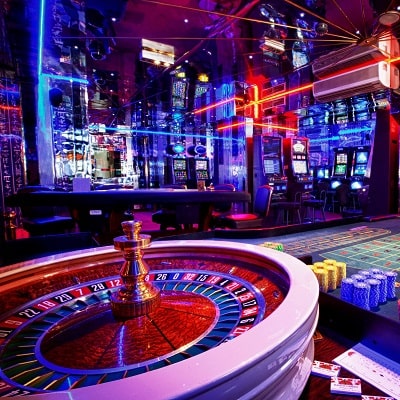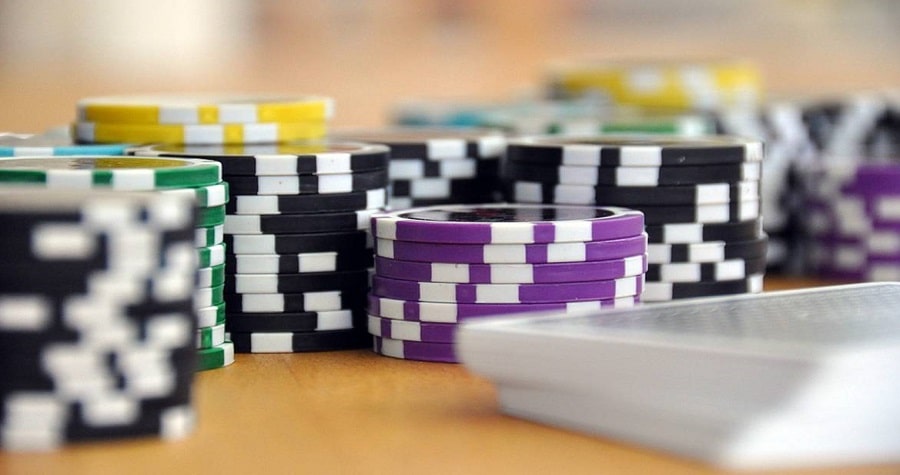
Why is the casino always in the black?
No matter how many games are played, the casino will always win. Ultimately, this is the same business in the field of leisure. And any business model is focused on getting the maximum profit from its activities.
The Secret of Advantage – Calculating Probabilities
All the games that the player meets in the casino are designed so that the institution receives the maximum possible profit. The probability of a player taking the wealth of the gambling house will always be much lower than the probability of the casino to beat him in any game in any game.
The secret of the success of these institutions lies in ordinary mathematics, namely, in the theory of probability. In other words, the number of all possible scenarios of the game being played is related to one single scenario, which the player chooses.
For clarity: on the roulette wheel there are numbers from 0 to 36 (sometimes there are also 00), each of the participants in the game makes bets on a number, color or a certain combination. The chance of winning for players who bet on a specific number is 37 to 1, and if there is another 00 in the wheel, it is 38 to 1.
The chance of a casino winning is its gross profit. Depending on the size of the advantage of the gambling house, in the game its profit can vary from 1-2% (games with a low advantage) to 25% or more (games with a high advantage).
Most people think that the task of such establishments is to take all the money from the players, but this is not entirely true. For example, the income of a gambling house from roulette is only 5.26%. It turns out that for every 100 thousand the casino will receive only 5,260.

Best and worst chance to win
Proper use of the theory of probability provides the advantage of the house in all games, but even so, the magnitude of the chances of the house winning can vary between types of games. For example, the smallest advantage when playing blackjack is about 0.3–0.8%, while the highest is observed in slot machines and keno, where it can reach 17–25%. This means that players who prefer games of skill and strategy, such as blackjack or certain versions of poker, statistically have better long-term chances of minimizing losses compared to those who rely entirely on luck. The difference comes from the rules, payout structures, and number combinations that define each game. Understanding these probabilities helps players make more informed choices and manage their bankroll more effectively, focusing on games that offer the lowest house edge and a higher potential for consistent returns.
Also, the advantage depends on the level of the players – amateurs increase it, and pros reduce it.
The main mistake of the player
Often, players who are aware of the house edge mistakenly apply it to the initial amount they are going to use. It is actually correct to calculate the loss from the total amount to be wagered.
Time advantage
Depending on the duration of the game, it is likely that the chances of winning the player will increase and equate to the “advantage” of the gambling house. Such a scenario is quite possible in the short term, but in the long run the casino will always win.
This property is also taken into account by the owners of gambling establishments, so the internal arrangement of gaming halls is also sharpened in order to keep the player as long as possible within the walls of the casino. For example, gambling houses do not have windows or clocks – so that players cannot feel the real passage of time.
